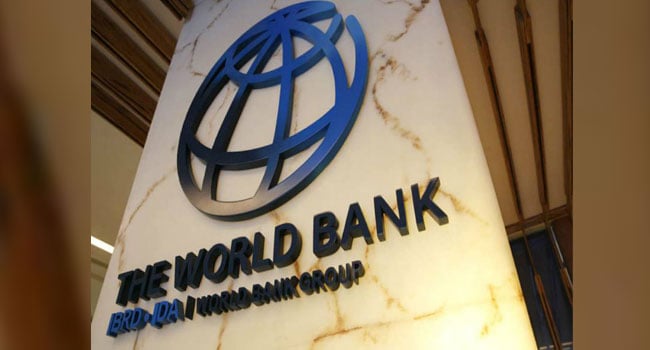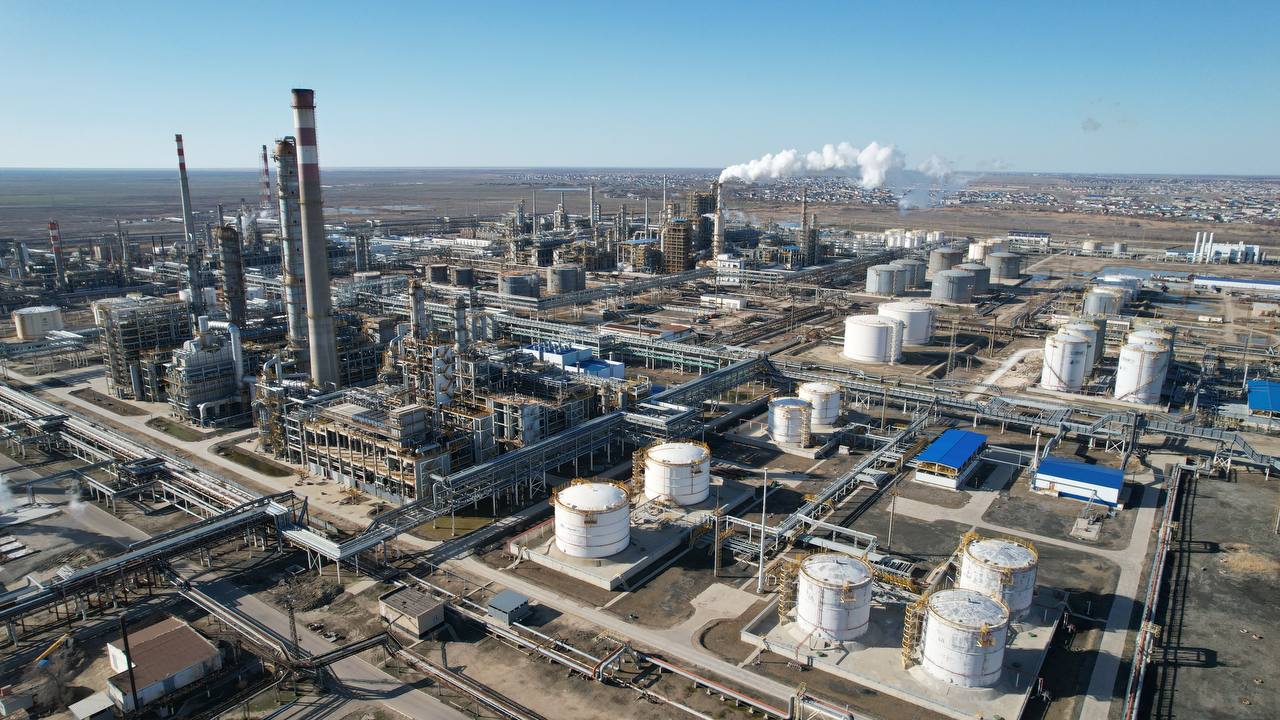Copyright radarr

The Federal Government has secured a $500 million loan from the World Bank to strengthen Nigeria’s agricultural value chains and accelerate food security and rural industrialisation in line with President Bola Ahmed Tinubu’s Renewed Hope Agenda. This was disclosed in a statement issued on Tuesday by the Head of Information at the Federal Ministry of Agriculture and Food Security, Ezeaja Ikemefuna. According to the statement, the loan facility will be deployed under the World Bank’s Agriculture Value Chains for Growth (AGROW) Project, designed to improve agricultural productivity, market access, and rural livelihoods across the country. The Minister of Agriculture and Food Security, Senator Abubakar Kyari, who announced the development during a courtesy visit by a World Bank delegation led by the Head of the AGROW Project, Mr Hardwick Ichale, said the fund would help close long-standing gaps in Nigeria’s farming ecosystem. The meeting was held at the ministry’s conference room in Abuja. Kyari explained that the initiative is a component of the World Bank’s broader $14 billion, six-year Agri-Connect Programme, which aims to enhance linkages between farmers, processors, markets, and financial systems. The goal, he said, is to build stronger agricultural value chains, increase processing capacity, and improve rural income generation. “The World Bank’s support will strengthen our agricultural base by improving connectivity across production, processing, and marketing systems,” the minister said. “This is about transforming smallholder farming into a profitable, sustainable agribusiness that contributes meaningfully to the economy.” He added that the project would address existing challenges around productivity, logistics, and value addition by empowering smallholder farmers with access to finance, extension services, and technology-driven solutions. Kyari also noted that the intervention would promote farmer aggregation and market integration while connecting micro, small, and medium-sized enterprises to key agricultural value chains. He stressed that accountability, transparency, and measurable outcomes would be central to the implementation process. According to the minister, the Agri-Connect project directly aligns with President Tinubu’s Renewed Hope Agenda, especially in achieving food security, creating jobs, and driving rural industrialisation. He said the administration remains determined to turn agriculture into a viable economic driver by enhancing productivity across Nigeria’s major food belts. Kyari stated that the initiative would complement existing Federal Government programmes such as the Special Agro-Industrial Processing Zones (SAPZs), which are designed to attract private investment and catalyse rural agro-industrial development. Through these efforts, the government aims to expand opportunities for women and youth to participate actively in agribusiness. “The future of our economy depends on how well we can modernise agriculture. Beyond food production, we are building sustainable systems that empower rural communities and strengthen the foundation of our nation’s economy,” Kyari added. In his remarks, the World Bank’s Head of Delegation, Mr Hardwick Ichale, said the Agriculture Value Chains for Growth Project represents a key opportunity to unlock Nigeria’s agricultural potential by promoting inclusivity, productivity, and competitiveness. “The key purpose is to enable farmers to see farming as a business,” Ichale said, adding that the project would focus on critical crops such as rice, maize, soybean, and cassava—key value chains that support food security and export diversification. He noted that the World Bank remains committed to working with Nigeria to strengthen institutional capacity, improve infrastructure, and support the growth of agricultural enterprises that can thrive in both local and global markets. The meeting concluded with both parties reaffirming their joint commitment to sustainable agricultural development and the long-term prosperity of rural communities. The collaboration, they agreed, will play a central role in transforming Nigeria’s food systems, improving livelihoods, and building resilience against economic and environmental challenges.



